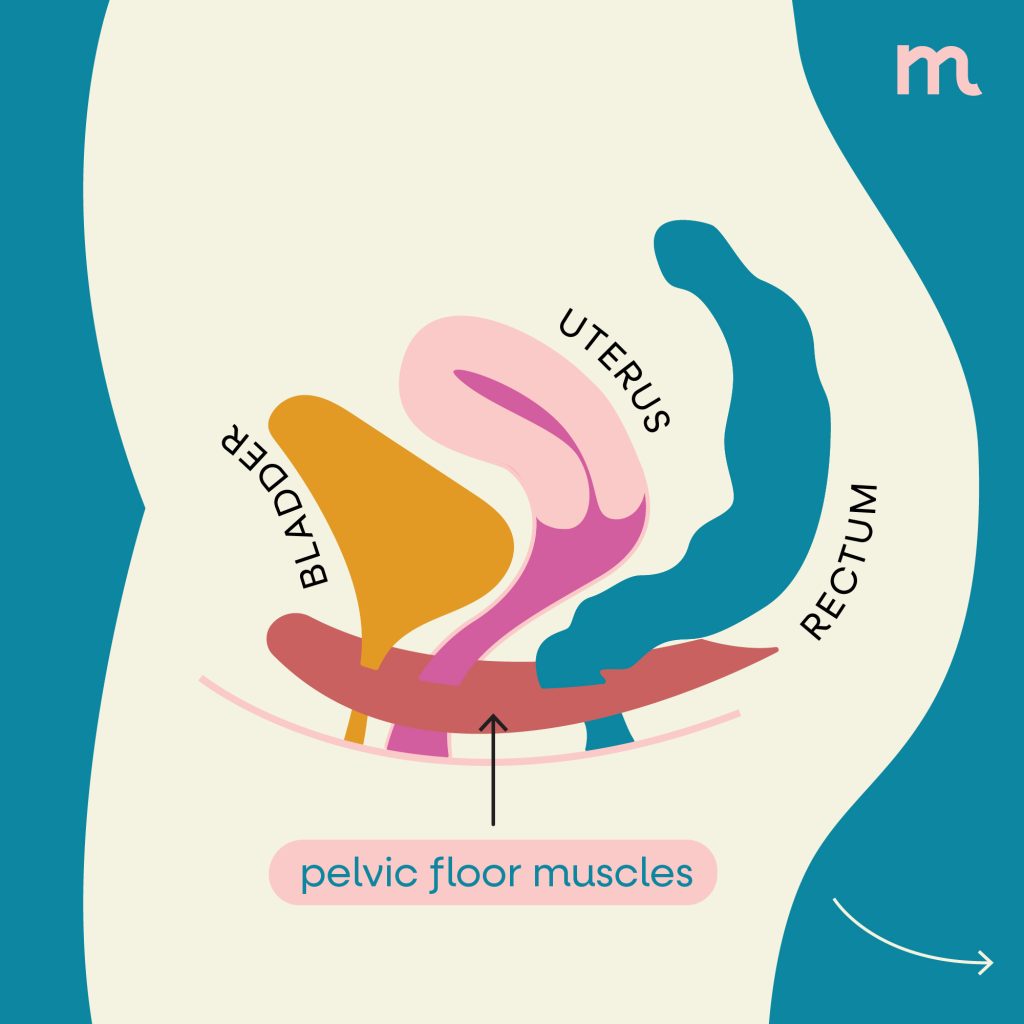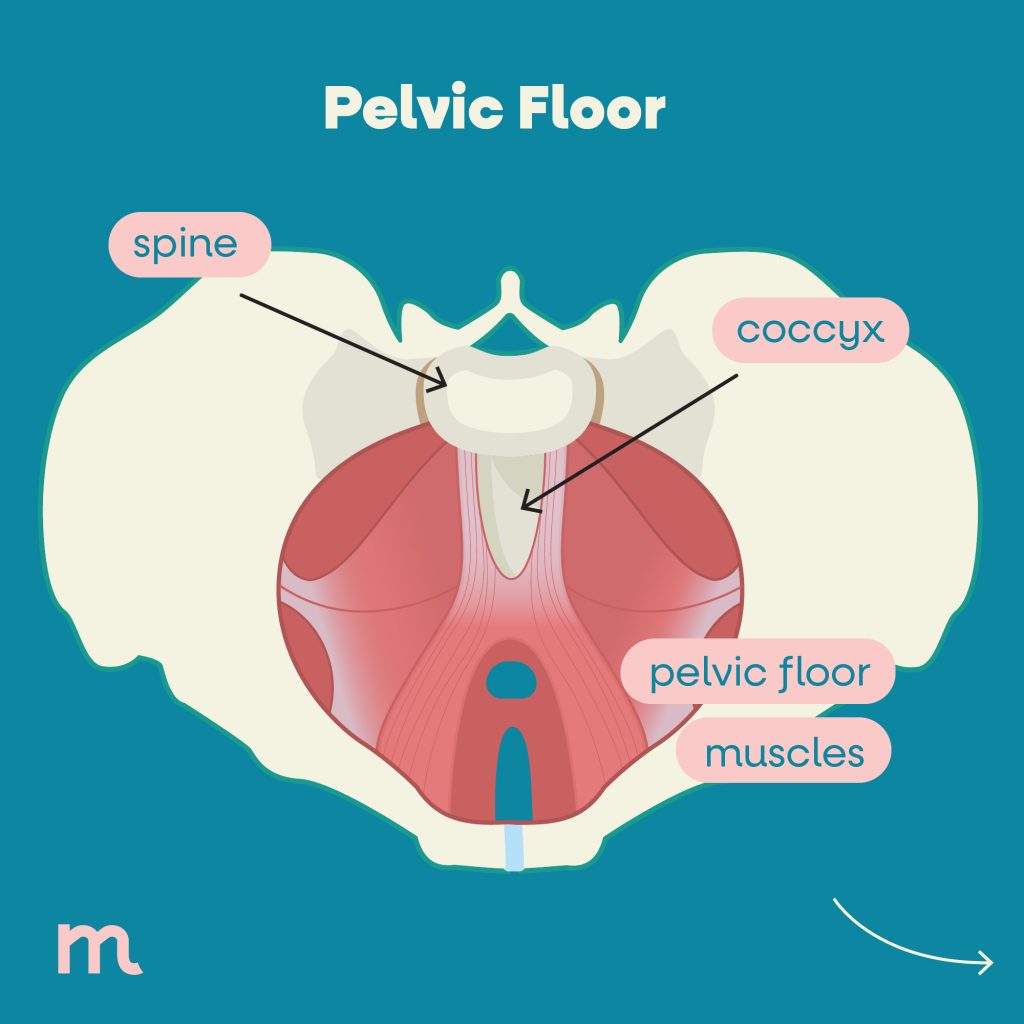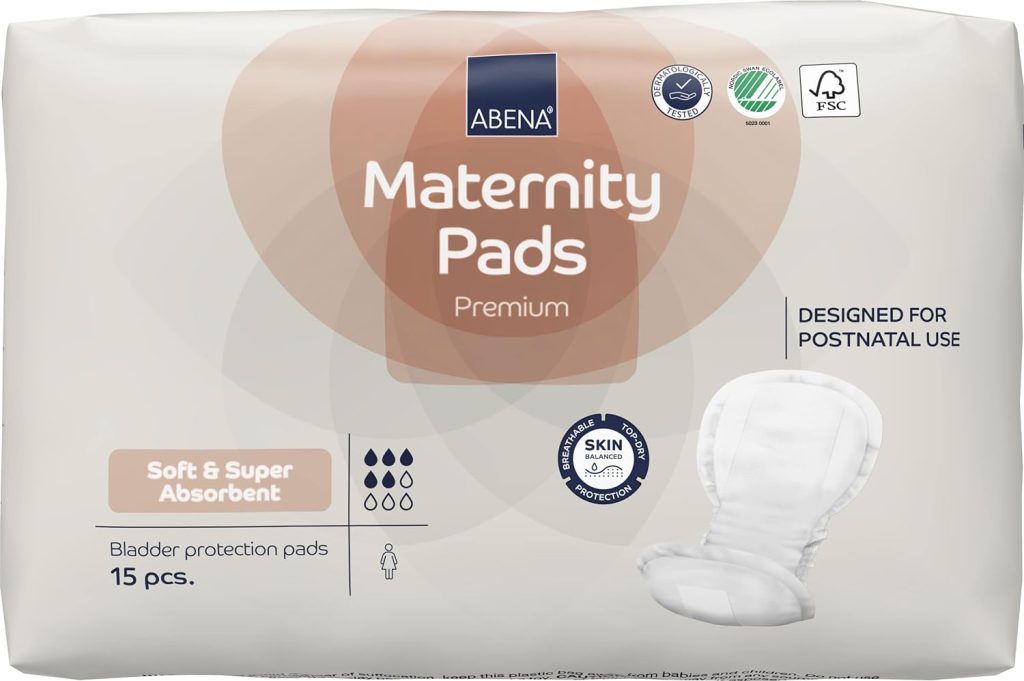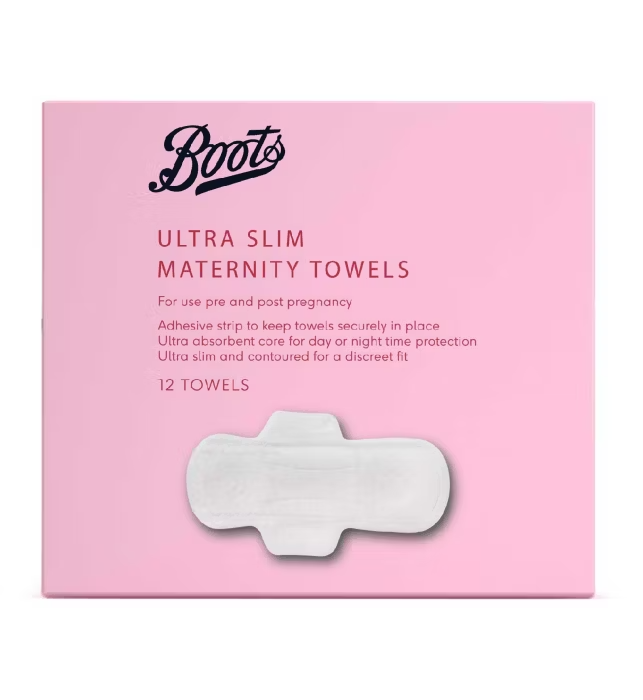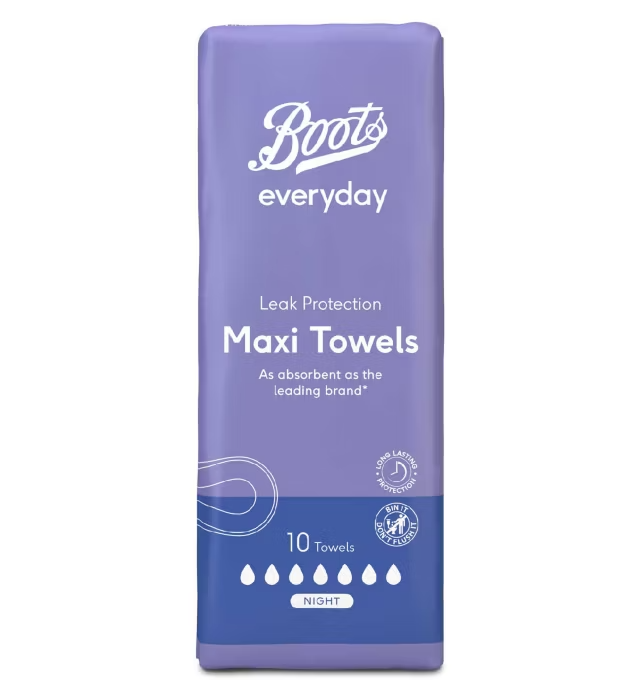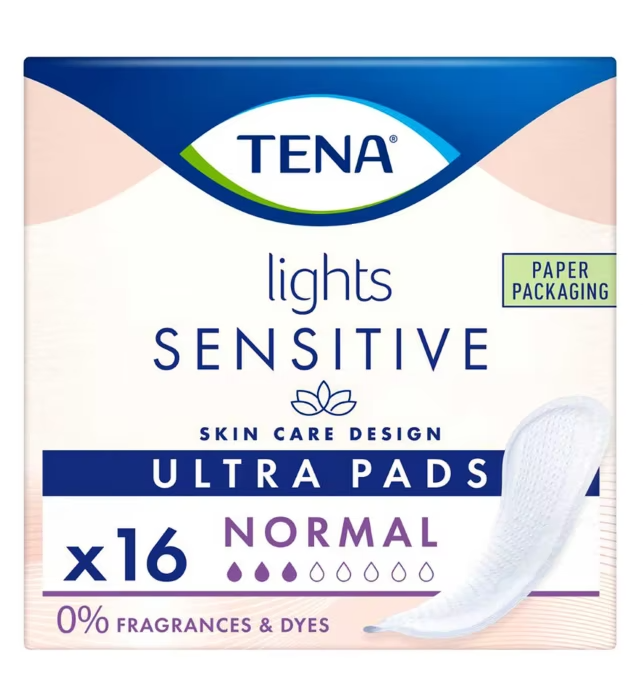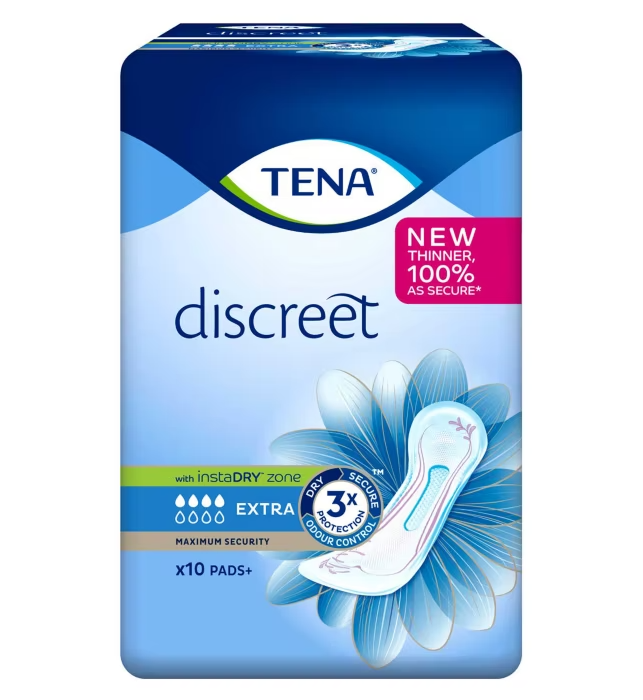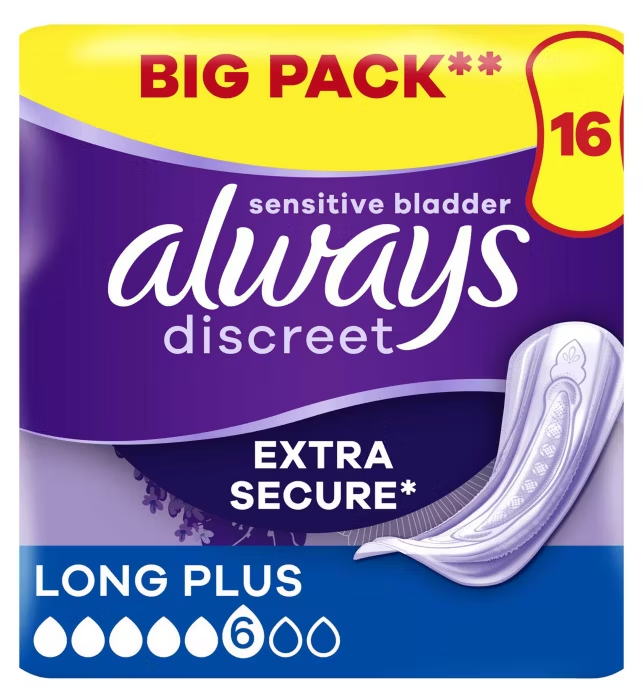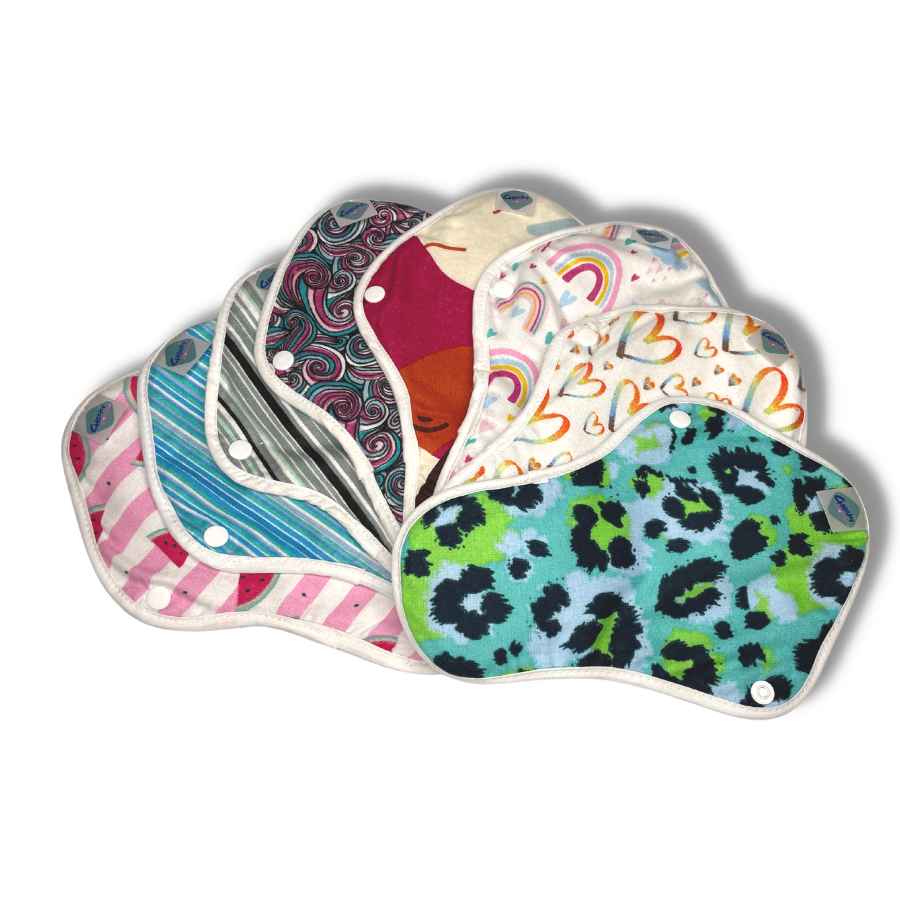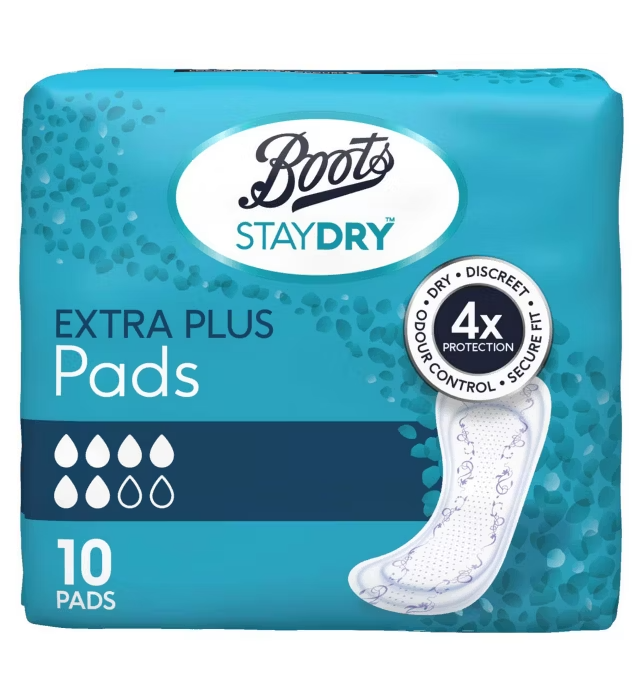Breastfeeding covers: Options for discrete nursing
Leave a CommentThe journey of motherhood brings a host of joys and challenges, and for many new mums, breastfeeding in public can be one such challenge. Remember, nursing covers aren’t required for breastfeeding in public, but it can be intimidating, especially in the early days when nipple contortion is an unfortunate necessity. When you don’t always get the luxury of choosing to be somewhere quiet at feed times, cover-ups can help make the experience more discrete for you. They can also provide a calming atmosphere for your baby, and help them concentrate on the job at hand if they are prone to getting distracted during feeds.
There are many on the market, but most will fall into one of these 3 styles; let’s explore the pros and cons of each option.
Apron style breastfeeding covers
With an adjustable strap that goes around your neck and material that drapes over your torso, apron-style cover-ups allow a customisable fit that will accommodate different body shapes and provide good coverage, so you can feel confident in your privacy whilst breastfeeding.
- They allow you to see your baby: Many feature rigid neckline designs, which keep the top of the apron away from your chest and allow you to visualise latching, and maintain eye contact with your baby while nursing. This helps with bonding and connection between you and baby, and may make feeding a newborn easier when it’s not always straightforward and you need to keep an eye on the situation!
- Ventilation: The rigid neckline also provides a bit of ventilation which you both may be grateful for in the hot summer months – it’s no fun for either of you if you’re uncomfortably sweaty.
- Potentially less discreet: Because apron style covers are obviously breastfeeding covers, you may feel they draw attention to the act of breastfeeding rather than concealing it. Do remember though, breastfeeding in public should not be something to be ashamed of. It’s beautiful and natural – be proud.
Click here for our favourite apron cover
Scarf style breastfeeding covers
Breastfeeding scarfs blend functionality with style, easily transitioning from a stylish accessory to a nursing aid without any effort. When worn, they are ready to use at any point during the day, and allow for very discrete feeding.
- Often lightweight material: The soft and lightweight fabric of breastfeeding scarfs ensures comfort for the baby and breathability for the mother, making them useable all year round, but particularly useful in summer.
- Can be hard to see baby underneath: A scarf will naturally conform to your baby’s shape. This can make seeing your baby underneath difficult if you want to keep your breast covered at the same time. Particularly with newborns, this can be cumbersome and awkward, potentially lead to moments of frustration when nursing in public.
- Versatile design: The large swathes of material mean they can double up as sunshades, blankets, or even car seat covers, making them a practical choice for mums on the go.
Here is a high recommended and well priced scarf
Poncho style breastfeeding covers
Unsurprisingly designed like a poncho, these have ample material to slip baby underneath to feed. They have pros and cons very similar to scarf style cover-ups. Available in many patterns, they can be worn as a stylish day-to-day top, always ready for those impromptu feeds. They are available in a variety of fabrics so you can tailor your choice to the season, ensuring comfort for you and your baby. The drawbacks are that you are unable to see your baby feed underneath them, so they are best suited for established breastfeeding rather than newborns who may need your time and help to latch on and maintain feeding.
Conclusion
Using a breastfeeding cover can help you feed modestly, allowing you to feel confident to breastfeed in public. They can also be incredibly versatile, and you may find your preference (and that of your baby!) changes with time. There are many different options available, and the best one for you will be a very personal choice. You may find having good visibility of your baby makes feeding a newborn easier. Established breast feeders will generally cope with more versatile options, but you still need to consider the practicality, the preference of you and your baby, and the season, when making your choice.
You can use a cover-up for as long as you want in your breastfeeding journey, but as breastfeeding becomes more familiar and easier over time, you may feel the need for a cover diminishes. Ultimately, the most important factor is that both you and baby are comfortable and able to breastfeed successfully.
References:
The 7 Best Nursing Covers for Breastfeeding Moms (gentlenursery.com)
How to Use Breastfeeding Cover: Discreet Nursing – Health 4 Littles
Author
This article has been written by Sophie Platt
Sophie lives with her husband, two young girls (Megan and Jessica), and their daft spaniel, Louie. While her post-natal journey with Megan was very typical, Jess was born 2 months prematurely, with a congenital heart defect and Down Syndrome, giving Sophie first-hand experience dealing with a wide range of circumstances. When she’s not wearing her ‘mum’ hat, Sophie works as a small animal Veterinary Surgeon, and enjoys dabbling with some veterinary and medical writing in addition to her clinical work.


